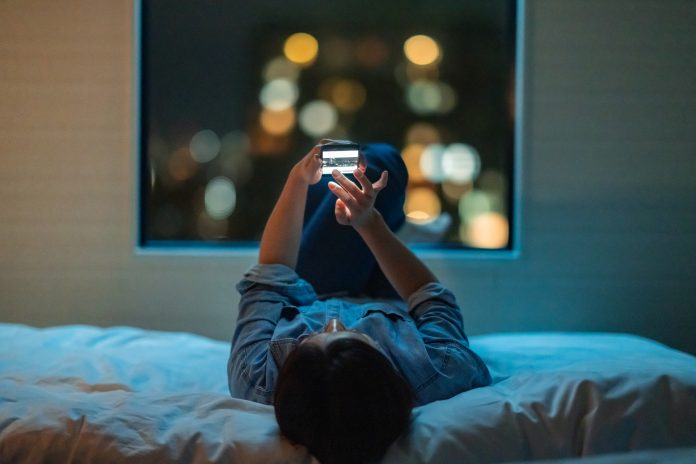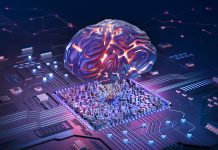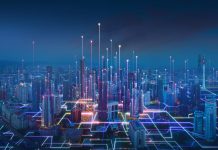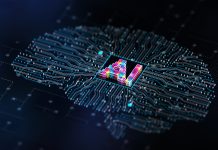AI’s impact on mental health cannot be ignored; research reveals frequent interaction with artificial intelligence systems increases the likelihood of loneliness, insomnia and increased after-work drinking
Lead researcher Pok Man Tang, PhD, who is currently assistant professor of management at the University of Georgia conducted four cross-cultural experiments in the United States, Taiwan, Indonesia, and Malaysia, which yielded consistent findings.
Driven by his experience using AI systems during his previous career in an investment bank, Tang’s interest in this issue prompted him to publish the research in the Journal of Applied Psychology.
AI’s impact on mental health and psychological well being
“The rapid advancement in AI systems is sparking a new industrial revolution that is reshaping the workplace with many benefits but also some uncharted dangers, including potentially damaging mental and physical impacts for employees,” argued Tang,
“Humans are social animals, and isolating work with AI systems may have damaging spillover effects into employees’ personal lives”, he added.
While there are potential benefits to working with AI systems, the researchers discovered that employees who frequently interacted with such systems were more inclined to provide assistance to their colleagues.
This could be attributed to their experience of loneliness and desire for social connection.
The studies revealed AI’s impact on mental health, which consisted of individuals with higher levels of attachment anxiety. This was characterised by feelings of insecurity and concern about social connections, demonstrating stronger responses when working with AI systems.
This included both positive reactions, such as helping others, and negative reactions, such as loneliness and insomnia.
In one particular experiment involving 166 engineers at a Taiwanese biomedical company, who were surveyed over three weeks, it was observed that employees who interacted more frequently with AI systems were more prone to experiencing loneliness, insomnia, and increased after-work alcohol consumption.
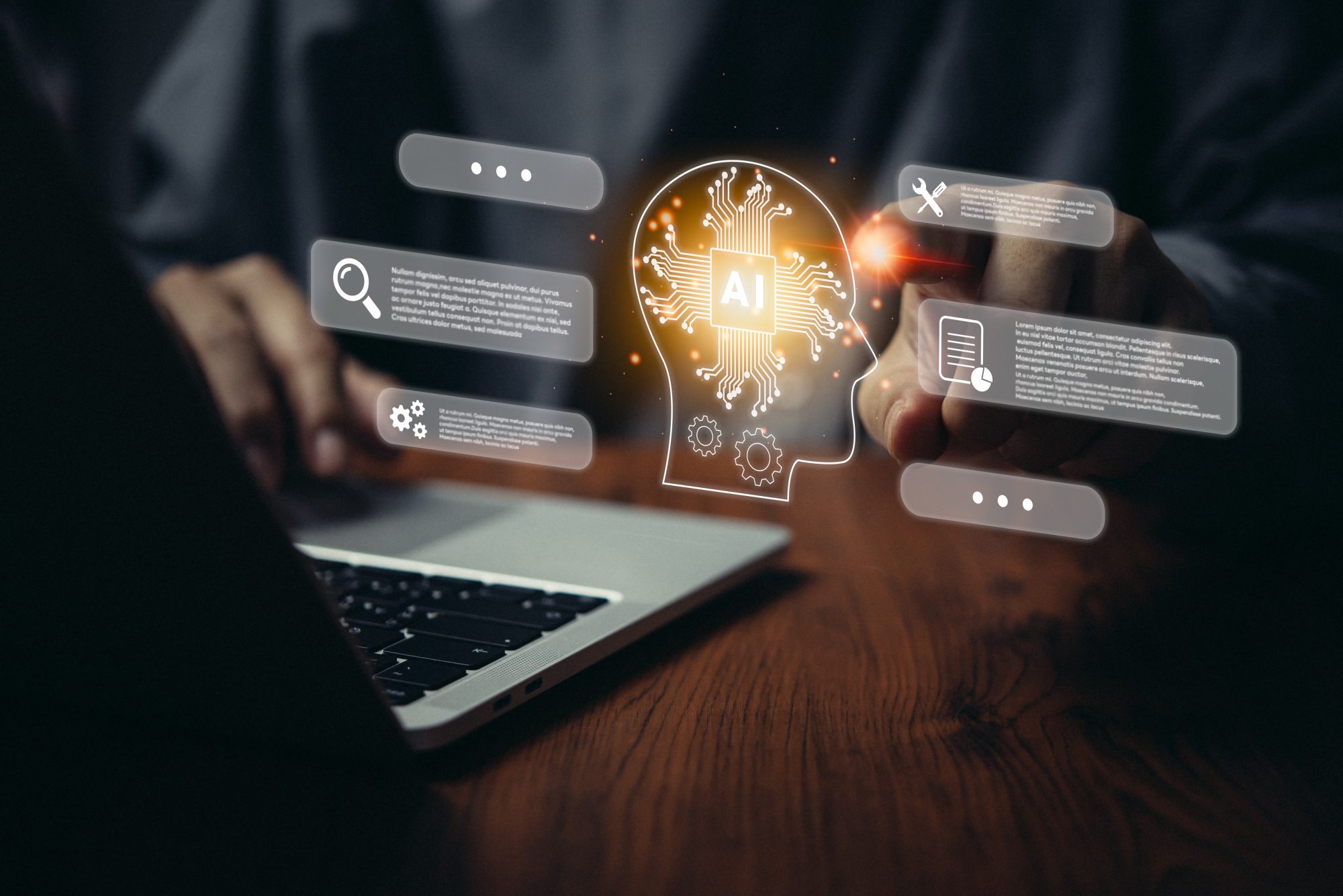
Correlations between the use of robotics, work behaviors, and Well-being
However, they also displayed some helping behaviors towards their coworkers, as assessed by their coworkers themselves, while their family members reported on their insomnia and alcohol consumption.
In a separate trial involving 126 real estate consultants in an Indonesian property management firm, half of them were instructed to abstain from using AI systems for three consecutive days, while the other half were encouraged to use AI systems as much as possible.
The results for the latter group mirrored the previous experiment, except there was no link found between AI use frequency and after-work alcohol consumption.
Similar findings were observed in an online experiment with 214 full-time working adults in the U.S., as well as with 294 employees in a Malaysian tech company.
It is important to note that these research findings establish correlations and do not establish causation between work with AI systems and experiences of loneliness or other responses. They merely indicate an association among these factors.
Tang suggested that future advancements in AI technology should incorporate social features, such as a human-like voice, to simulate more human interactions. Employers can also consider limiting the frequency of AI system usage and providing opportunities for employees to engage in social interactions

